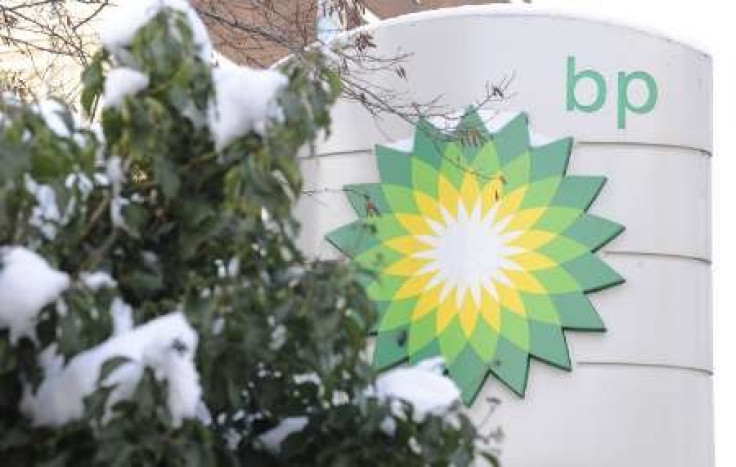BP share price down on FTSE 100 as oil spill costs lead to FY loss

Shares in BP were down on the FTSE 100 in morning trading after the company reported a full year loss thanks to the impact of last year's oil spill in the Gulf of Mexico.
For the full year 2010 BP reported a pre-tax loss of $3.7 billion, down from a pre-tax profit of $16.6 billion in 2009. The group said that in the full year it took a $40.9 billion hit as a result of the oil spill.
There were signs of recovery however with fourth quarter profit reaching $5.6 billion, up from £4.3 billion in the fourth quarter of the previous year. In addition the group said that it would be resuming dividend payments of seven cents per share. Last year BP suspended dividend payments in order to contribute to a compensation fund for those affected by the Gulf of Mexico oil spill.
BP said its net debt at the end of the year stood at $25.9 billion, down slightly from $26.2 billion at the end of the previous year.
Bob Dudley, CEO of BP, said, "2010 will rightly be remembered for the tragic accident and oil spill in the Gulf of Mexico and it is clear that as a result BP is a company in transition. I am determined that we will emerge from this episode as a company that is safer, stronger, more sustainable, more trusted and also more valuable.
"2011 will be a year of recovery and consolidation as we implement the changes we have identified to reduce operational risk and meet our commitments arising from the spill. But it will also be a year in which we have the opportunity to reset the company, adjusting the shape of our business, and focus on growing value for shareholders."
Richard Hunter, Head of UK Equities at Hargreaves Lansdown Stockbrokers, commented, "The numbers themselves are almost a sideshow to the more fascinating story of a company in the middle of a major transition.
"The company is aiming to reshape and refocus, in the process becoming a more flexible entity. At the same time, BP is investing much effort in dealing with future operational and risk concerns, whilst the proposed deal with Rosneft of Russia could be transformational. At the moment, the emergency fund appears to be adequately sufficient to counter future claims. There is a further cost, however, in building this fund - asset disposals have been made which reduce BP's capacity in the shorter term. There will also be something of a restriction on the share price until the travails of 2010 are finally put to rest.
"Nonetheless, the resumption of the dividend is welcome confirmation of a recovering giant. The recent share price revival is testament to the company's improving fortunes, having added 19% over the last six months, albeit from a lower base, compared to a gain of 12% for the wider FTSE100. In general, the market is comfortable with the progress being made and the consensus remains that the shares are a buy."
By 08:50 shares in BP were down 1.62 per cent on the FTSE 100 to 477.00 pence per share.
© Copyright IBTimes 2024. All rights reserved.





